MUS 108 hosts annual flute circle
Jan Michael Looking Wolf (he/him), instutor of the Native American Flute class leads flute circle during the second song at the Student Excperience Center on May 31. Looking Wolf is a tribe elder and is the great grandson of the chief that signed the treaty for this land.
June 2, 2023
Crossing the Memorial Union quad on May 31 you may have heard flutes playing together in harmony. Students, faculty, friends and family gathered to celebrate Oregon State’s 19th annual flute circle.
The Student Experience Center Plaza was filled with college students enrolled in MUS 108 and students from Lincoln Elementary participating in the flute circle.
19 years ago Music Cultures of the World began as an experiment at Oregon State. The idea was to create a class that allowed students to learn musical self-expression through oral tradition by learning about the Native American flute.
Jan Michael Looking Wolf Reibach, who has instructed the class since its creation, is the Great Grandson of Santiam Kalapuya Chief Joseph Sangretta, signer of the Willamette Valley Treaty of 1855, and a Global Music Awards Lifetime Achievement Award Recipient.
“It turned into my life, it’s not a job,” Looking Wolf Reibach said. “I’m still an artist, I still perform, I still make them record music and all of that, but this has really turned into the greatest honor of my life.”
MUS 108 has now been voted best baccalaureate core class six years in a row and 25% of graduating seniors have taken the class.
Kayleb Brooks, a fifth-year finance and accountancy major in MUS 108 said that the experience this class has given him is something that he will cherish for the rest of his life. He originally signed up for the class to meet a credit requirement to become a CPA and the class sounded intriguing.
Although many refer to the class as “Native American Flute,” Looking Wolf Reibach reassures that the class is much more than. He explained that oral tradition is something that all people of the world have heritage in; that even those who are disconnected from their indigenous culture go back generationally far enough, they will find an indigenous person looking back at them, singing to express themselves without a written language.
“It’s a class about discovering our own notes,” Looking Wolf Reibach said. “Self expression in the arts is the language that transcends cultural boundaries, language barriers, all of that.”
Brooks said that he learned about the Kalapuya people and more about who he is as a person.
“One day in class, Jan Michael said something that struck me,” Brooks said. “‘Everything that you learn in this class is yours, and nobody can take that away from you.’ His statement created a strong and immediate sense of belonging in his classroom. It gave me an opportunity to identify with the culture that surrounds the Kalapuyan songs we played, even though I am not Kalapuyan myself.”
The flute circle consisted of three songs, “Traveling with Ancestors,” “Standing Elk” and “Harmony Circle,” which Myers wrote the guitar riff for.
Pins with the phrase, “One Heart, Go Beavs!” were also passed out at the circle. Looking Wolf Reibach teaches “one heart”, a native tradition, saying that only through equity and diversity can unity be achieved.
According to Looking Wolf Reibach’s website, the goal of “one heart” is to enjoy the cultural richness of one’s personal culture and respect all others the same. According to Looking Wolf Reibach’s website, this is the process of understanding and respecting the differences.
“The message ‘one heart’ never rang truer than when I was playing the songs that many before me have played, and many will play after me,” Brooks said. “It was truly one of the only times in my life I can point to that strangers came together for a greater purpose.”
Brooks, like Looking Wolf Reibach, said that oral tradition truly connects us all.
“We are far from all being the same,” Looking Wolf Reibach. “We are beautifully diverse. But we are all tied to mother earth and when we sing together, it is powerful.”

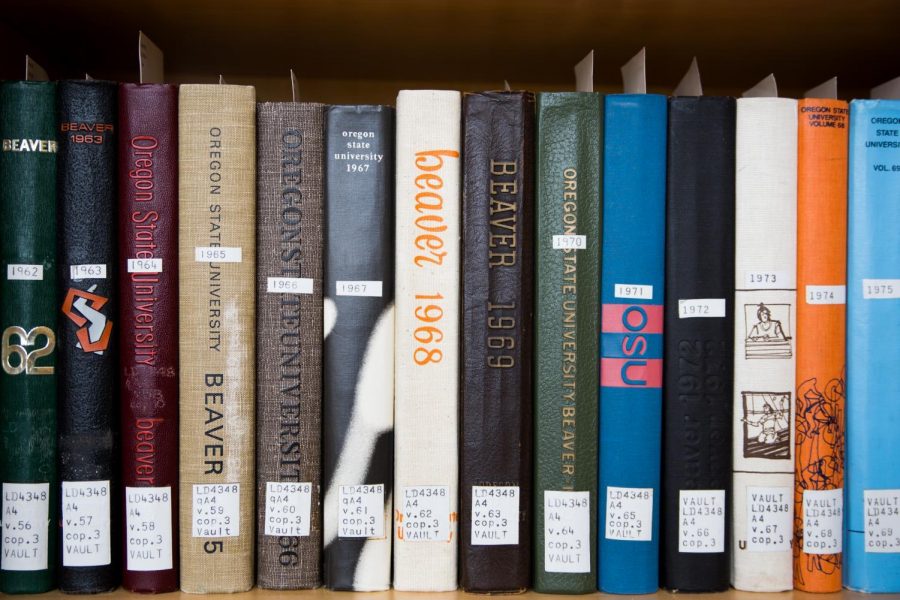
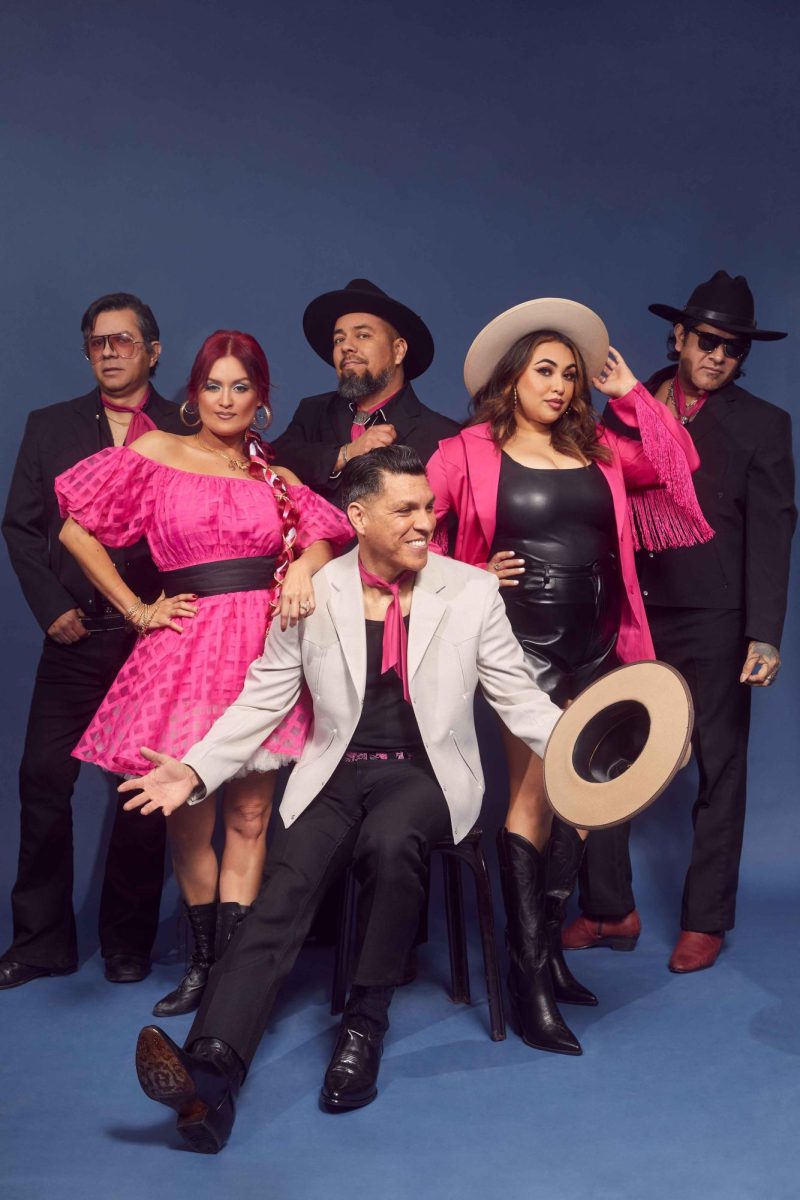

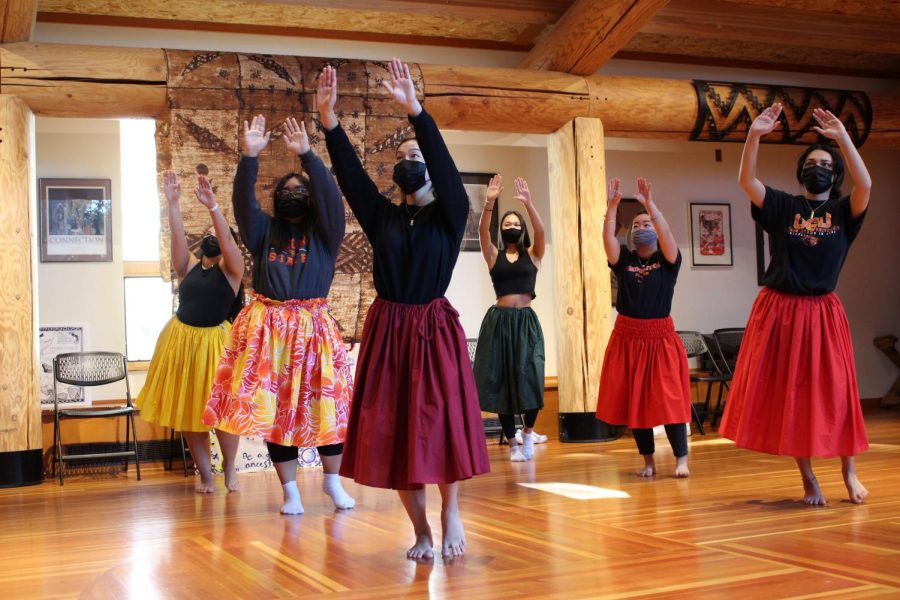

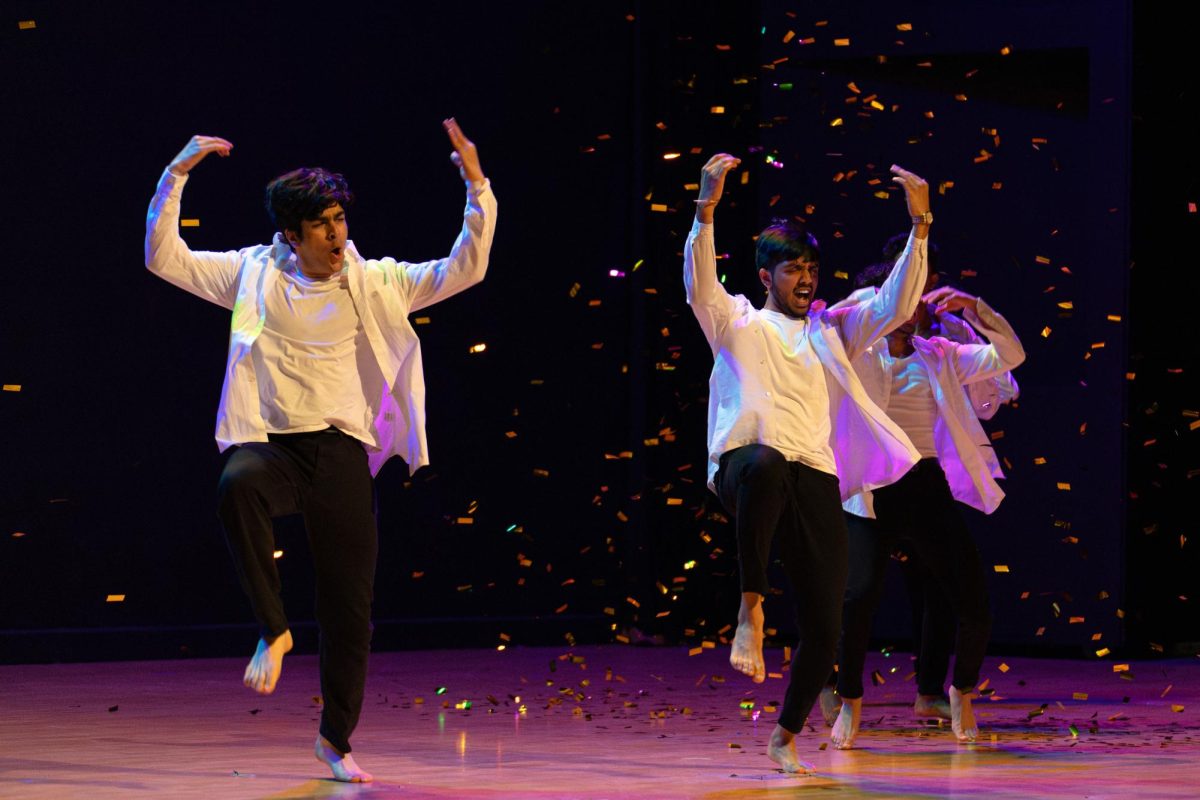

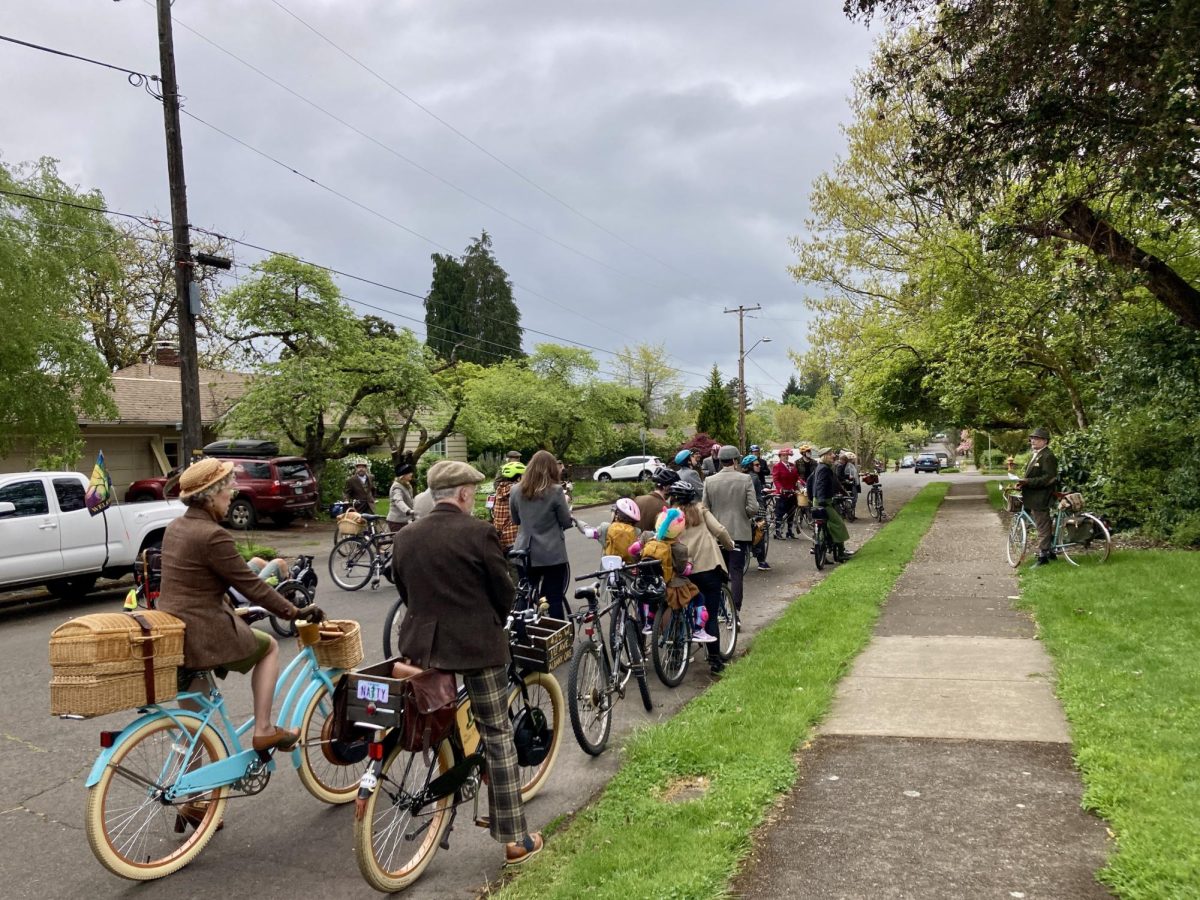

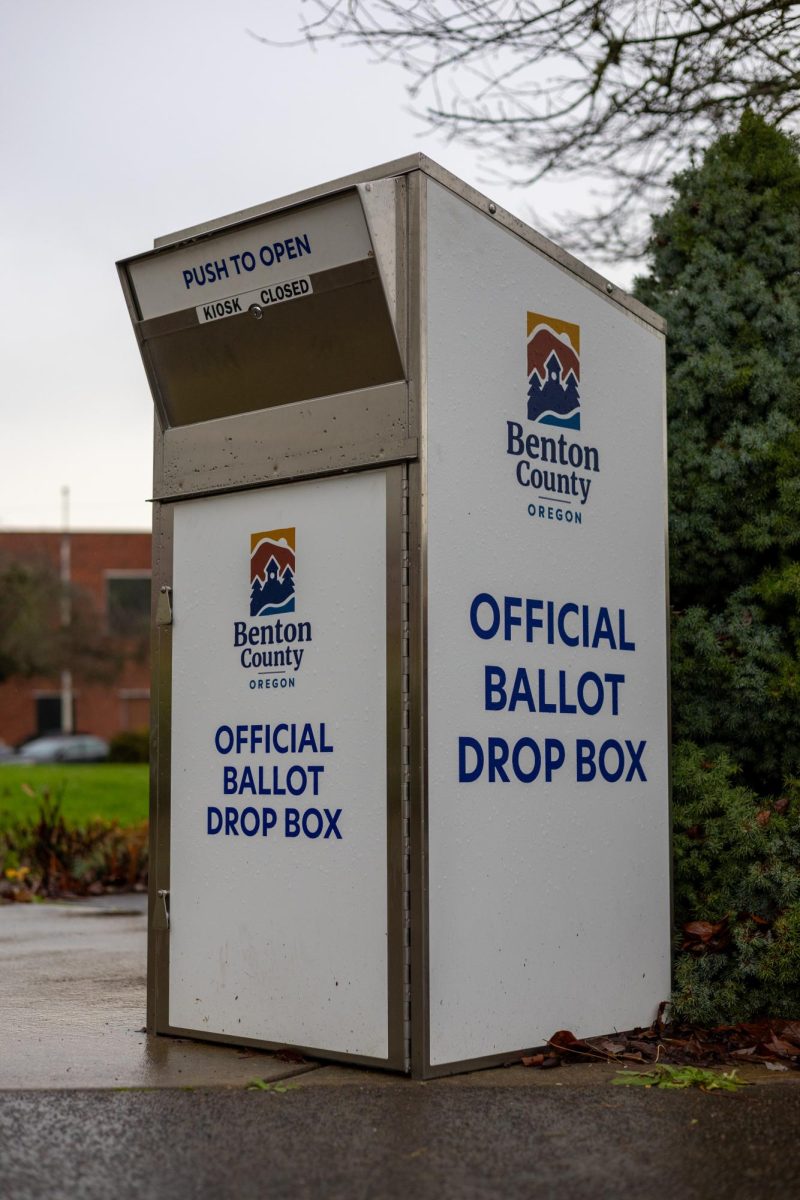




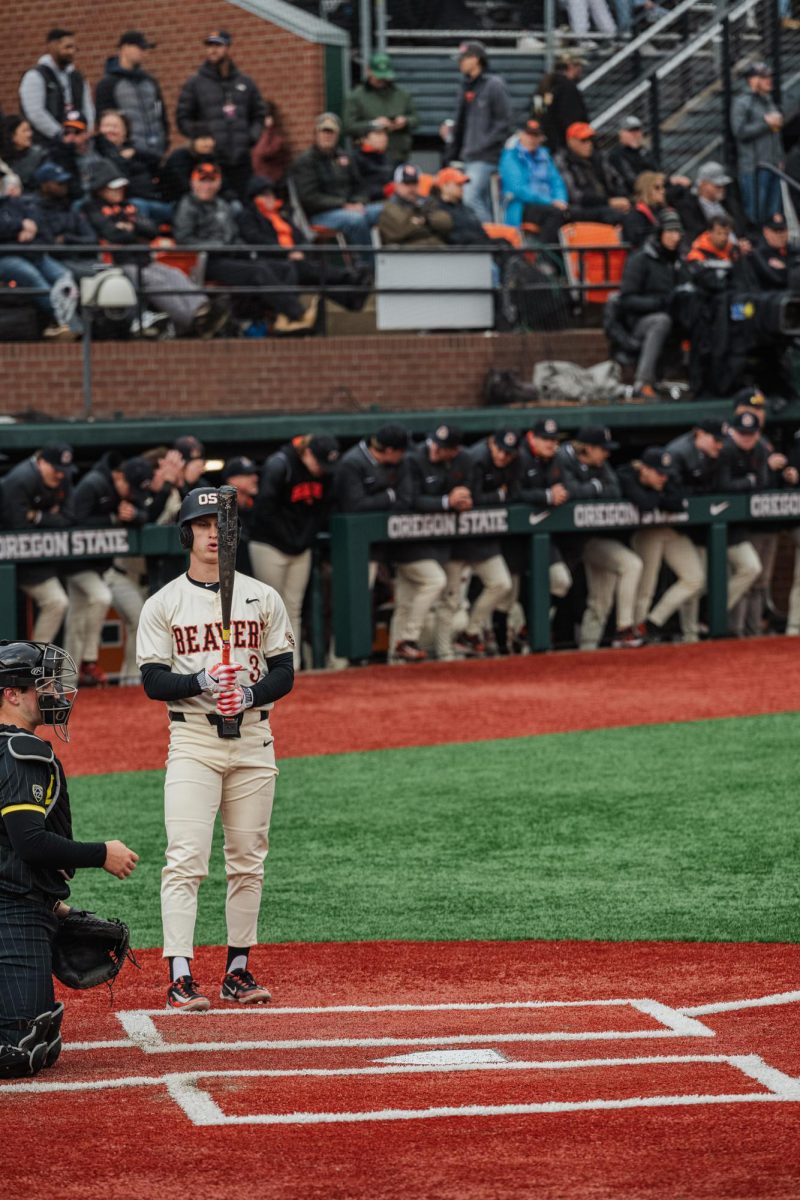






























































































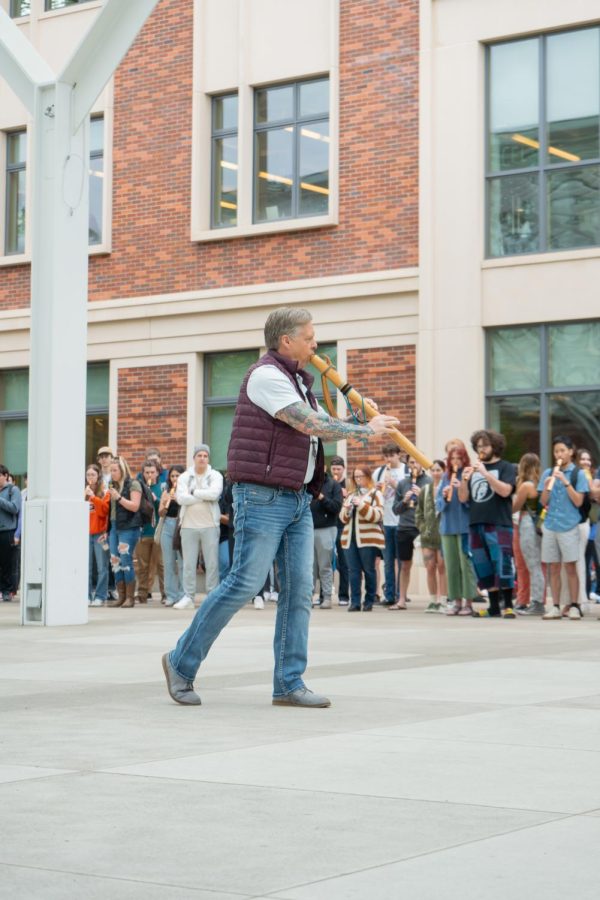


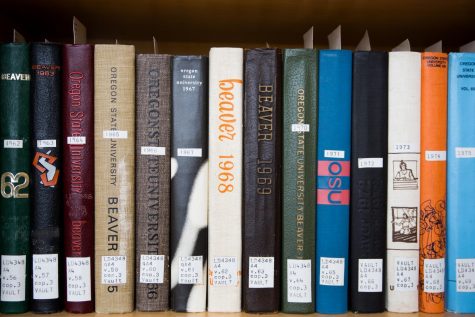
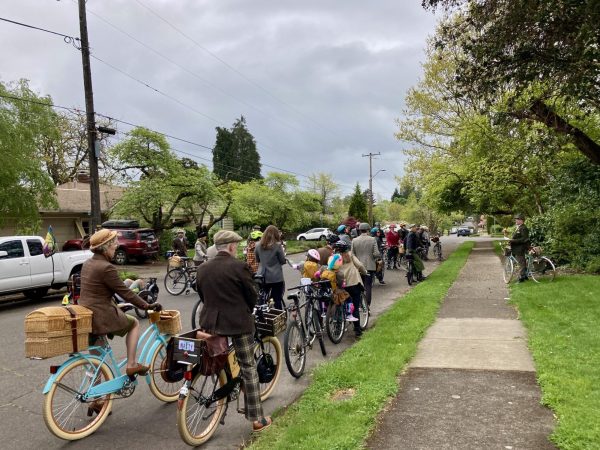

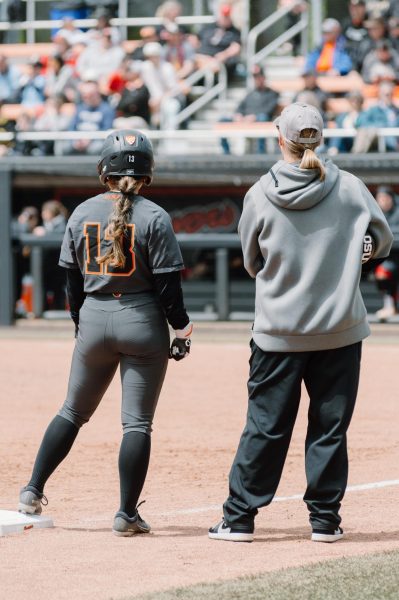
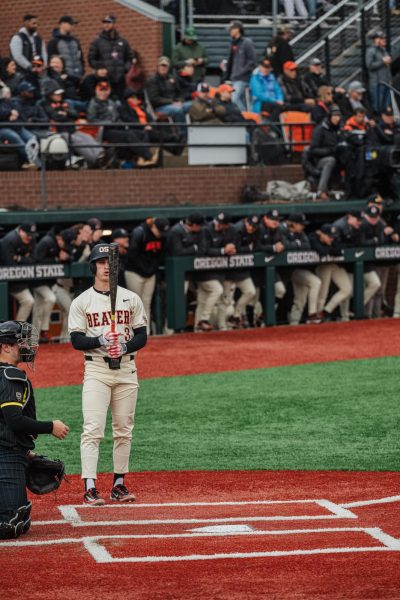
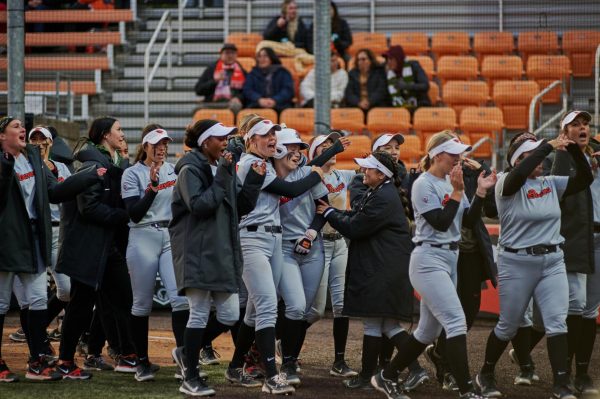
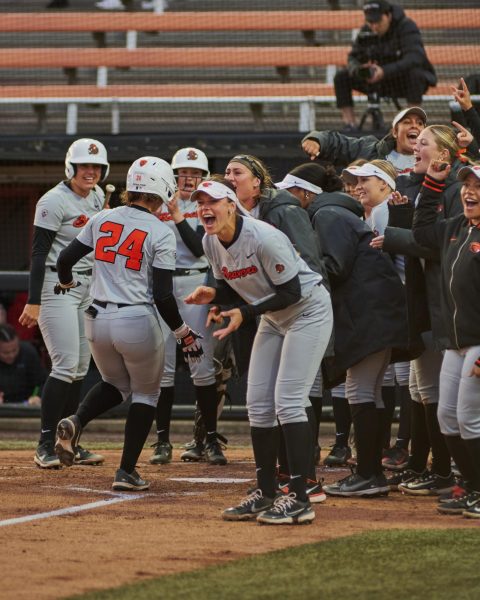
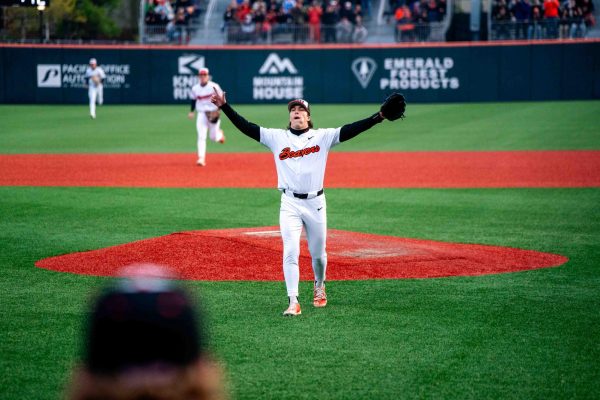

fasgya30 • Jun 3, 2023 at 12:16 am
“The message ‘one heart’ never rang truer than when I was playing the songs that many before me have played, and many will play after me,” Brooks said. “It was truly one of the only times in my life I can point to that strangers came together for a greater purpose.”